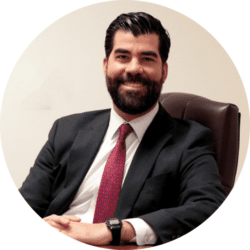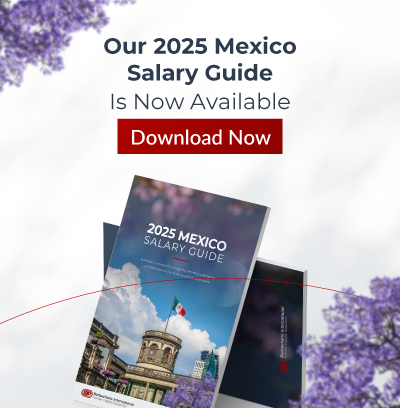
When you’re in the middle of a job search, it’s easy to focus only on being chosen. You refine your resume, prepare for interviews, and make sure your leadership accomplishments come across clearly. Unfortunately, many candidates forget something equally important: you’re evaluating the company too.
A title and compensation package may look impressive, but they don’t always reveal how a company treats its people or what kind of leaders succeed there. Culture, expectations, and values are harder to see, especially during a polished interview process.
There is one question that can help uncover what matters behind the scenes:
“Can you tell me about someone who thrived here, and someone who didn’t?”
It may sound simple, but this question has helped many experienced professionals avoid costly missteps and find environments where they can grow and contribute at a higher level.
Asking for a Story Instead of a Script
Too often, candidates ask general questions like “What’s the culture like?” or “How does your team work together?” The answers tend to repeat well-rehearsed talking points.
Instead, asking for real-life examples brings the conversation into focus. You give the interviewer a chance to describe success and failure in honest terms. That’s harder to bend, and a lot more revealing.
You’ll learn what the company values in behavior, how leadership is received, and whether your strengths align with their norms.
At Barbachano International, we’ve coached executives to use this question effectively. It often highlights when an opportunity won’t support their leadership approach, even before onboarding.
What to Listen For in the Response
When someone describes a person who thrived, listen for traits like collaboration, resilience, initiative, or cultural fit. Then, hear how they describe someone who didn’t make it.
If failure is explained away with terms like “didn’t follow the playbook” or “worked only for work’s sake,” that hints at rigidness or poor work‑life balance. Conversely, praise for adaptability and openness suggests a more flexible, growth-friendly environment.
Harvard Business Review suggests that asking specific, reflective questions during interviews can reveal whether a company truly values its people beyond surface-level messaging.
What This Question Says About You
By asking this question, you’re doing more than gathering information. You’re signaling that you view your career as a two-way street: you choose wisely, and you belong only where your leadership is valued.
In senior-level conversations, that kind of clarity matters. It reflects intention, mutual respect, and seriousness about cultural fit.
Forbes notes that nearly half of new leaders fail within the first 18 months, not because of skills, but due to poor cultural fit and unclear expectations. That makes insight like this essential for executives evaluating a new opportunity.
A Real Example: A Conversation That Changed Everything
One bilingual operations executive we supported was evaluating a VP role with a U.S. manufacturer expanding into Mexico. Everything looked strong on paper until she asked the key question.
The regional leader replied that a high performer “followed the playbook and didn’t question much.” Someone who failed “asked too many questions.”
She realized the organization prioritized compliance over curiosity. She declined their offer. A month later, she joined a firm that welcomed diverse ideas, cross‑border thinking, and critical input. Today, her team thrives under her proven leadership style.
It’s Not Just About the Offer
Too many executives find themselves in roles that don’t reflect what they were led to expect. That mismatch leads to short tenures, strained confidence, and stalled momentum.
You can avoid that risk by approaching your next move with the same clarity you bring to leadership. It’s not only about landing the role, it’s about choosing one where you can excel, lead, and be supported.
This one question can help you see behind the promotional pitch.
A Smarter Way to Choose
You’ve worked hard to get where you are. The next move should build on your strengths, not compromise them. Asking the right question doesn’t just help you make a better decision. It shows that you lead with intention.
Sometimes, one honest answer is all it takes to know whether you truly belong.

By Octavio Lepe
Executive Vice-President
Octavio is the search practice leader for Executive Management, Food & Agriculture, Sales & Marketing, and D&I in the Americas.
Barbachano International is the premier executive search and leadership advisory firm in the Americas (USA, Mexico, Canada, and Latin America) with a focus on diversity and multicultural target markets. Outplacement, Exe

